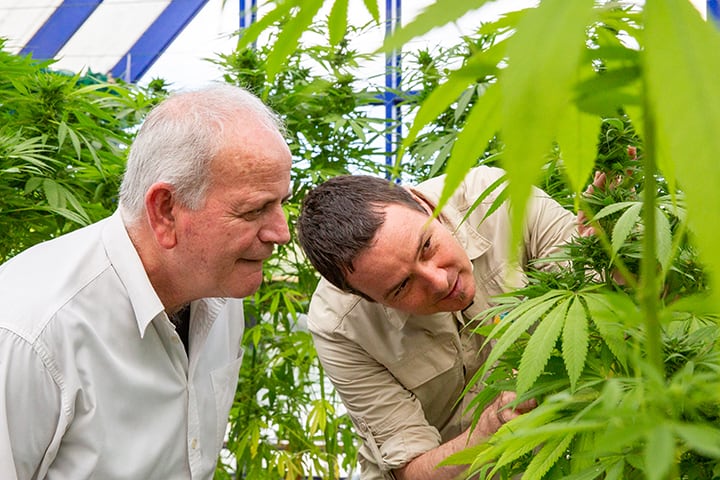Fibre first: Tetra Pak tests plant-based barrier to replace aluminium for carton packaging – VP interview
Tetra Pak is testing a fibre-based barrier to replace the conventional aluminium layer on its aseptic carton packaging in a bid to slash carbon emissions while still maintaining shelf life.
The aluminium layer is critical in keeping the contents in the cartons safe for consumption. Despite being thinner than human hair, the aluminium layer contributes a third of the greenhouse gas emissions linked to materials used by Tetra Pak.
Weather the storm? Why Asia food MNCs could face major challenges in sustainable packaging conversion
Major food and beverage firms in Asia looking to make the transition to sustainable packaging have their work cut out, not only due to the widely-acknowledged climate challenges, but also hurdles in their current shelf life commitments and supply chain setups.
Even though many large food manufacturing companies in the Asia Pacific region today from Nestle to Thai Union have announced and made commitments to a raft of sustainability initiatives, it is common to see a lot of these focused on pumping resources into recycling facilities as a more immediate course of action, whereas the switch to sustainable packaging is usually in the ‘R&D’ phase.
Essential amino acid supplementation did not improve symptoms of dementia – Ajinomoto-funded RCT
The supplementation of nine essential amino acids has not shown to improve symptoms of dementia, according to a RCT funded by Ajinomoto.
The Japanese firm has been studying the use of amino acids on muscle and cognitive health.
It has also launched supplement containing essential amino acids that claims to maintain attention and cognitive flexibility in healthy middle-aged and elderly consumers, but a recent study found that the supplementation of essential amino acids has not shown benefits on the behavioural and psychological symptoms of dementia (BPSD).
Intake of Bifidobacterium-fortified infant formula shown to reduce URTI – Fonterra 12-week RCT
Chinese infants consuming milk formulas containing Bifidobacterium animalis subsp. lactis HN019 reported a lower rate of upper respiratory tract infections compared to those who drank formulas containing another probiotic strain, or no probiotics at all, according to a 12-week RCT funded by Fonterra.
The other probiotic strain in question is Lacticaseibacillus rhamnosus HN001. All milk formulas studied in the trial were prepared by Fonterra, including the probiotics.
Fermentation for ‘hibernation’: Infants more likely to sleep 10+ hours if mothers eat fermented foods during pregnancy
Infants and toddlers are more likely to sleep 10 hours or more if their mothers consume fermented food when pregnant, according to a Japanese study on 64,200 pairs of mothers and children.
The study, titled “Association between maternal fermented food consumption and child sleep duration at the age of 3 years: the Japan Environment and Children’s Study” and published in the journal BMC Public Health, showed that fermented food like cheese and miso could reduce the risk of sleep deprivation, but in a limited manner.





